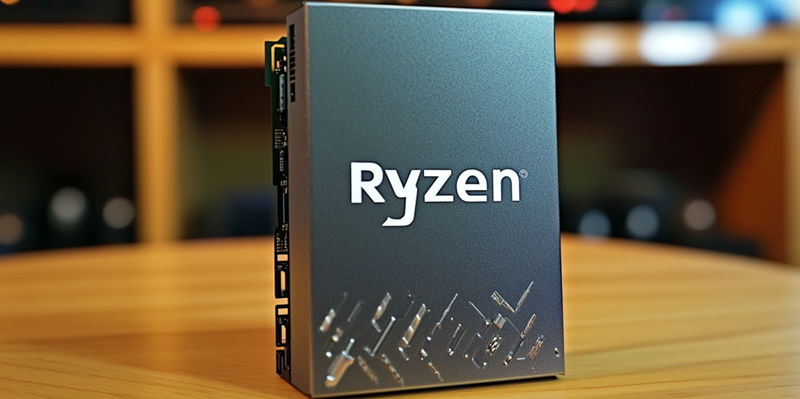MSI has rolled out a new BIOS feature called "X3D Gaming Mode," aimed at enhancing the gaming performance of AMD Ryzen 3D V-Cache CPUs, particularly the high-demand Ryzen 7 9800X3D. This feature is designed to optimize gaming by disabling one of the CCDs or the SMT, which leads to improved performance, especially on dual CCD models like the Ryzen 9 7950X3D, 7900X3D, and the forthcoming 9950X3D. The initiative follows similar moves by other motherboard manufacturers, such as Gigabyte and ASUS, who have already implemented updated AGESA 1.2.0.2a BIOS firmware to support and boost the performance of these processors.
We tested an early version of MSI’s "X3D Gaming Mode" and found notable improvements in gaming benchmarks. For instance, in Far Cry 6 using an NVIDIA GeForce RTX 4090 at 1080p Ultra Settings, the average FPS increased from 219 to 263, reflecting a 20% performance boost. However, the gains varied across different games, with Shadow of the Tomb Raider showing a more modest 10% improvement. Initially, MSI has enabled this feature on three of its latest motherboards: MEG X670E GODLIKE, MPG X670E Carbon Wi-Fi, and MAG X670 Tomahawk Wi-Fi, with plans to expand the rollout to additional models soon. This effort by MSI and other board vendors echoes a broader industry trend of squeezing every possible increment of gaming performance out of the already powerful Ryzen 3D V-Cache CPUs.
The unified consensus among motherboard manufacturers is to enhance the gaming prowess of these CPUs, recognizing the strong consumer demand and the superior gaming performance these processors offer. While the Ryzen 7 9800X3D and other 3D V-Cache chips are highly capable, the "X3D Gaming Mode" and similar features are driving further performance gains, making these processors even more attractive to gamers. In conclusion, MSI’s new feature aligns with the industry’s broader efforts to maximize CPU capabilities, ensuring gamers get the most out of their hardware. This continual push towards performance optimization in the competitive gaming hardware market shows that advancements like the "X3D Gaming Mode" are crucial in setting new benchmarks for gaming experiences and satisfaction for consumers.

